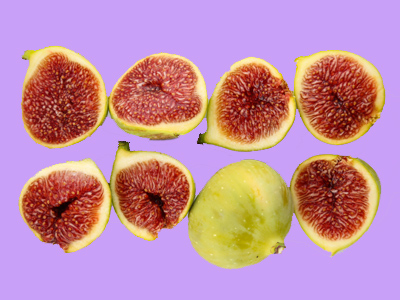
Ask the AI Tutor
Need help with Year 1 Calculation - Division and Sharing? Ask our AI Tutor!
AI Tutor - Lucy
Connecting with Tutor...
Please wait while we establish connection

8 can be divided into 2 groups of 4 or 4 groups of 2.
Year 1 Calculation - Division and Sharing
In KS1 Maths, division means sharing or grouping equally. Sometimes there is a number left over, called a remainder. Practise fair shares with objects, pictures, and quick games.
Question 1
10
5
2
20
10 ÷ 2 means sharing 10 into 2 equal groups, with 5 in each group
Question 2
35
5
15
3
15 shared into 5 equal groups gives 3 in each group
Question 3
16 ÷ 8 = 2 and 16 ÷ 2 = 8
10 ÷ 5 = 2 and 10 ÷ 2 = 5
12 ÷ 2 = 6 and 12 ÷ 6 = 2
14 ÷ 7 = 2 and 14 ÷ 2 = 7
There are 14 circles altogether
Question 4
30
12
8
4
12 shared into 3 equal groups gives 4 in each group
Question 5
8
11
10
5
10 ÷ 2 = 5
Question 6
12 x 2 = 24
12 ÷ 4 = 3
12 x 3 = 36
12 ÷ 3 = 4
There are 12 stickers to be shared between 3 people, so 12 ÷ 3 = 4
Question 7
Finding the total
Sharing into equal groups
Adding together
Making numbers bigger
Dividing is the same as sharing into groups
Question 8
3
4
12
8
12 ÷ 4 = 3 and 12 ÷ 3 = 4
Question 9
8 ÷ 2
2 ÷ 8
16 ÷ 8
12 ÷ 2
Sharing into groups of 2 is the same as dividing by 2
Question 10
22
16
6
12
12 shared into 2 equal groups is 6
**Unlimited Quizzes Await You! 🚀**
Hey there, quiz champ! 🌟 You've already tackled today's free questions.
Ready for more?
Ready for more?
🔓 Unlock UNLIMITED Quizzes and challenge yourself every day. But that's
not all...
not all...
🔥 As a Subscriber you can join our thrilling "Daily Streak" against other
quizzers. Try to win a coveted spot on our Hall of Fame Page.
quizzers. Try to win a coveted spot on our Hall of Fame Page.
Don't miss out! Join us now and keep the fun rolling. 🎉
**Unlimited Quizzes Await You! 🚀**
Hey there, quiz champ! 🌟 You've already tackled today's free questions. Ready for more?
🔓 Unlock UNLIMITED Quizzes and challenge yourself every day. But that's not all...
🔥 As a Subscriber you can join our thrilling "Daily Streak" against other quizzers. Try to win a coveted spot on our Hall of Fame Page.
Don't miss out! Join us now and keep the fun rolling. 🎉






